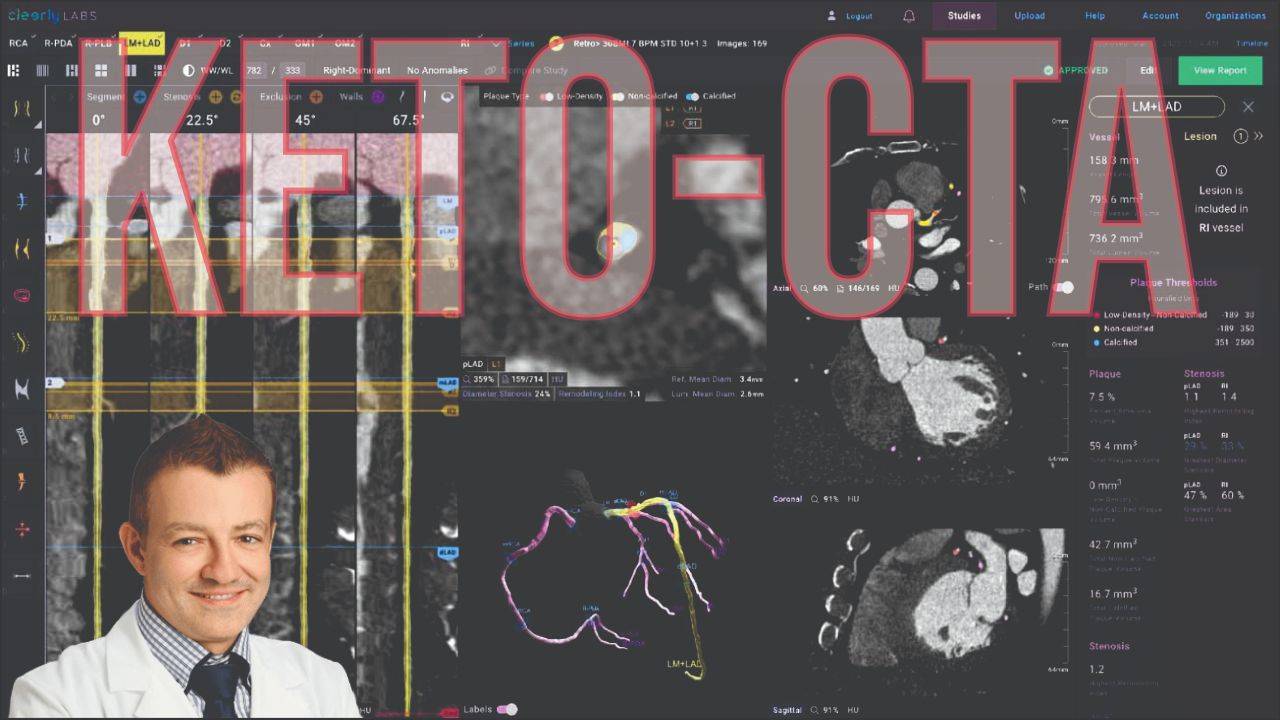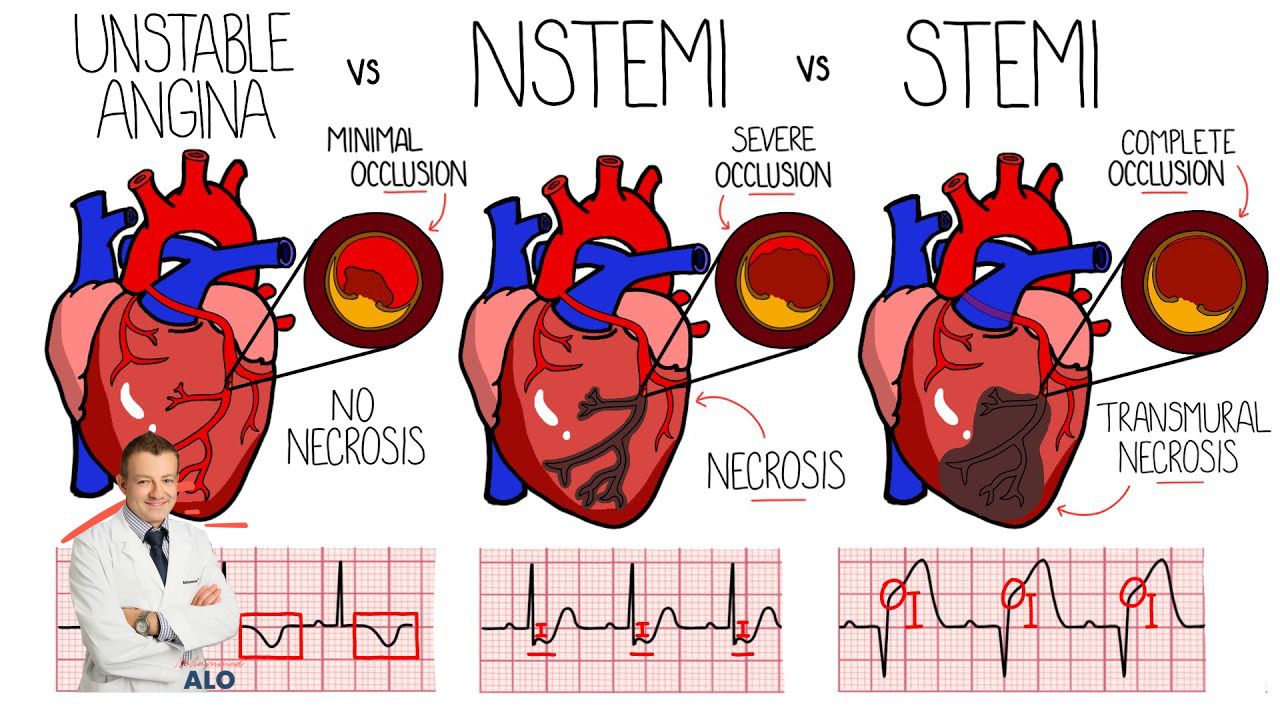Do Supplements Lower Cholesterol
Jan 17, 2025
Supplements To Lower Cholesterol?
This is a great question that was answered by a team of researchers at the Cleveland Clinic in a trial or study called the Sport Study.
The Cleveland Clinic did such a study on supplements that were thought to lower cholesterol. They were all third party tested and were used at doses that were thought to be effective.
They evaluated:
• Placebo
• Rosuvastatin
• Cinnamon (Nutiflair)
• Fish Oil (Nature Made)
• Garlic (Garlique)
• Turmeric (Bioshwartx)
• Plant Sterols (CholestOff)
• Red Yeast Rice (Arazo Nutrition)
They looked at total cholesterol, LDL-C, triglycerides, HDL-C, and hsCRP. High sensitivity C reactive protein is an inflammatory marker. Here are the results:
Do Supplements Lower Cholesterol
Not a single supplement beat placebo. The pattern they produced matched the placebo exactly. Meaning, it was as if they were taking nothing. In fact, the placebo beat many of the supplements. Sadly, they did not test plant stanols, which would have worked.

However, very low dose rosuvastatin at just 5mg per day demonstrated a reduction in LDL-C by over 50% in some participants. None of the participants on rosuvastatin had an increase in LDL-C. If you look at the graph in the paper, many of the placebo and supplement participants had up to a 30% increase in LDL-C, which is problematic. That was especially true for garlic.
When you look at the data presented again in the chart from this paper, garlic actually caused an increase in LDL-C of about 5.1%, which is the opposite of what we want. Again, the graphics will show that most supplements did not beat placebo, with the exception of red yeast rice which was about 1.8% lower than placebo but miles behind rosuvastatin.

But this does not tell the entire story. The supplement participants had more adverse events than the statin group and had higher dropout rates. This was especially true of the garlic, red yest rice, and the plant sterol groups. Hence, the participants taking statins had fewer side effects and were able to tolerate the medication with a 37-52% reduction in LDL-C.
Further, no one in any of the arms had an increase in ALT and AST of greater than 3 times the upper limit of normal. AST and ALT are liver transaminases often used to measure liver damage or liver toxicity.
But that’s still not the full story.
The next chart from the same study shows that cinnamon actually increased hsCRP. That’s right, cinnamon INCREASED inflammation. That’s generally not what we want.

Further, cinnamon and plant sterols lowered HDL-C. This is the “good” cholesterol. Obviously, we don’t believe it is “good” nor protective, but it’s worth noting.
Take a closer look at these charts and read the study for details.
https://www.jacc.org/doi/10.1016/j.jacc.2022.10.013
The Next Big Cholesterol Supplement, Drug, Or Medication
The scientific community and pharmaceutical industry are always looking for the next big thing. We want the next drug that will solve obesity, heart disease, and cancer. We really do. But it needs to work. If it doesn’t work, it will not receive FDA approval.
Scientists are always looking to either prove or disprove one another. You don’t think Dr. X from Mayo Clinic wants to one up Dr. Z from Cleveland Clinic? Or Harvard? Or John Hopkins? Or THE Ohio State University?
They do. And they will keep doing this, because it keeps everyone intellectually honest.
If I do a study on MSA3176 and show that it reduces inflammation by 47%, there will be hundreds of university labs across the country trying to reproduce my results and prove me wrong. Or corroborate my findings so we can move forward.
The Only Supplements That Work On Cholesterol and LDL
“If it worked, it would be the next billion-dollar drug!”
That’s my response to so many people online when they ask, does XYZ work for blood pressure. Does waving magnets over your wrist reduce stress? Does red light sauna use help with anxiety?
Do supplements reduce cardiovascular disease?
The first question is why do you want to know? Do you think the medical community is hiding some magical cure for heart disease that no one has heard of yet? Why would the pharmaceutical industry not want to take that substance, that molecule, purify it and turn it into the next billion-dollar drug?
I’ll tell you why.
It must work first.
That’s why. Most doctors aren’t going to prescribe a medication with no efficacy.
At medical conferences we discuss therapeutics and new frontiers all the time. We are looking for solutions. But if it doesn’t work and doesn’t pass the scrutiny of the medical community, no one will make it, because they will lose money.
Imagine a new mushroom that is discovered that lowers blood pressure. We find the exact molecule and call it “MSA3176”. We start doing randomized human control studies and find that neither the mushroom itself, nor the ingredients in it lower blood pressure.
How will you go to medical conferences and present this data? How will you publish papers on this? Why would anyone listen?
Or it worked, but only lowered blood pressure by 3 points, but caused severe, intolerable side effects. You won’t be able to sell that or get anyone to take it.
New medications and new supplements must pass the scientific method and must work. They need to be effective and not have intolerable or deleterious side effects.
Cholesterol Supplement Studies
Another study looked at multivitamins; vitamin C, vitamin D, calcium, CoQ10, and selenium. They do not prevent heart disease, heart attacks, strokes, nor all-cause mortality. In fact, some supplements like niacin and high-dose antioxidants might even be harmful.
Folic acid alone and B vitamins with folic acid, B6 and B12, were shown to reduce stroke. However, they found that niacin and antioxidants were associated with an increased risk of all-cause mortality. Iron deficiency should be avoided and treated if found, but routine iron supplementation to those without deficiency is not evidence based. Despite the high supplement use by the public, there is no evidence to support the routine supplementation of oral multivitamins and multi/minerals (OVMN) for CVD prevention or treatment.
Study:
https://pubmed.ncbi.nlm.nih.gov/32067177/
Another meta-analysis looked at 78 studies with 296,707 mostly healthy patients found no effect of supplementation with antioxidants (beta-carotene, vitamin A, vitamin C, vitamin E, and selenium) and perhaps, some harm. The authors concluded, “We found no evidence to support antioxidant supplements for primary or secondary prevention. Beta-carotene and vitamin E seem to increase mortality, and so may higher doses of vitamin A”.
Study:
https://pubmed.ncbi.nlm.nih.gov/22419320/
Did You Like This Article?
This post is a chapter from my new Cholesterol Book. If you want updates on when that book will be ready for purchase, click on my updates link and sign up to receive updates:
Power of 3 Bundle
Grab My 5 Step Quick Guide for Weight Loss & My Ultimate Macro Counting Guide & My Ultimate Lipid Guide for FREE! Normally a $197 Bundle!
Everything you need to live a healthy life, live longer, and lose weight properly!
Most of my clients, friends, and patients lost all the weight they ever wanted with this bundle!
I hate SPAM. I will never sell your information, for any reason.














